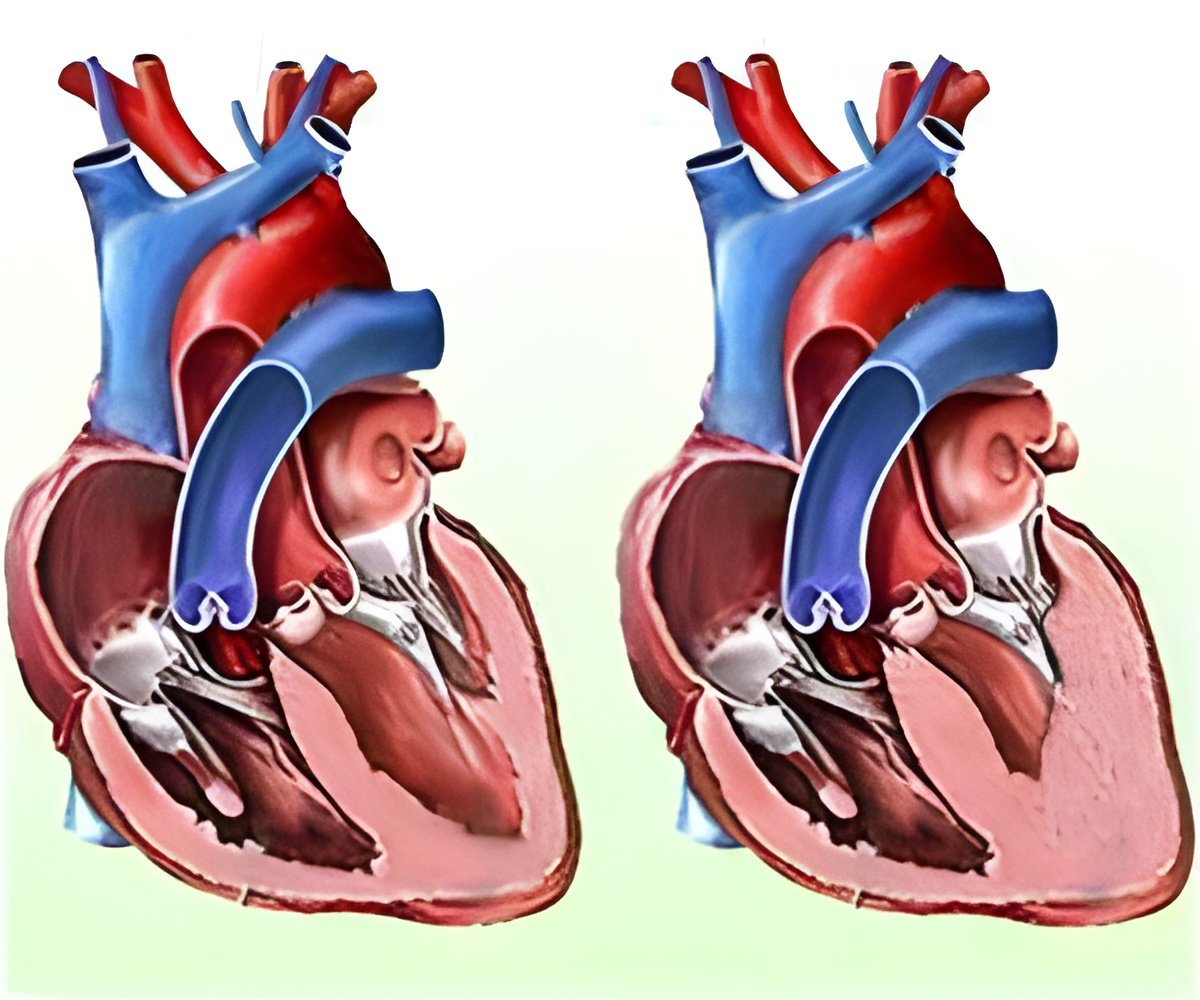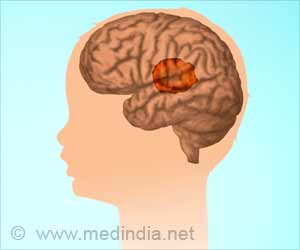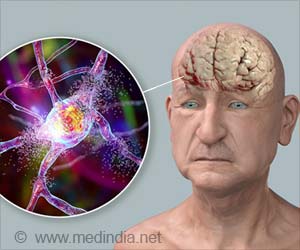A novel drug offers different approach in treating heart failure has shown to improve heart function in heart failure patients, finds clinical trial study.

Rather than make the heart beat more often, omecamtiv mercabil makes the heart muscles contract for longer, which increases the volume of blood the heart pumps with each stroke.
The Phase II clinical trial – led by the University of Hull and reported in this week's Lancet – tested the drug for safety and effectiveness in 45 heart failure patients with impaired function of the left ventricle.
Although the drug increased the duration of left ventricular contraction and the amount of blood expelled, it did not increase the heart's energy expenditure, which means the heart was working more effectively and efficiently.
Professor John Cleland, from the University of Hull says: "The trial proves that the drug can be given safely to patients suffering from heart failure and shows that, at the correct doses and blood plasma concentrations, it can improve heart function and make the heart contract more effectively."
The drug had already been successfully tested with healthy volunteers, but the Hull trial was the first to test the drug with heart failure patients. Currently, the drug has to be given by infusion into a vein but a capsule is being developed that can be taken by mouth. All patients taking part in the double-blind, placebo, crossover trial were stable, and most were taking accepted treatments for the condition such as ACE inhibitors and blockers.
Advertisements
Source-Eurekalert














